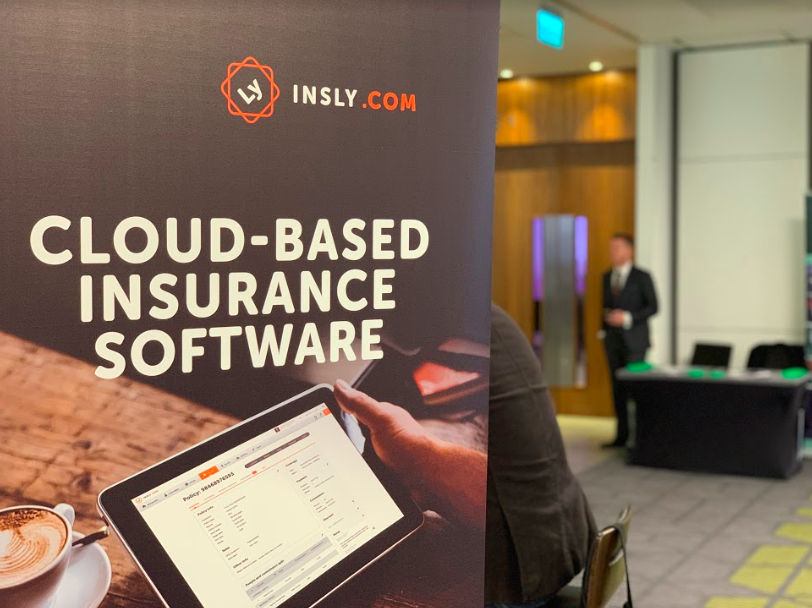There are different reasons why insurers or MGAs look for new software solutions. The most common are related to the ability to deploy new functionalities quicker to the market or to renew and provide access to newer technologies that enable them to do more or to do things differently. Implementing new software is typically considered an expensive and time-consuming process and is normally set for a minimum period of 5 years. Introducing software more frequently is in most cases uneconomical and exhausting to a company’s resources.
Resource constraints make finding the right solution even more important. Currently, in the UK alone there are over about 43 different insurance software providers known to us (read the article about MGA software providers) each of them with their own focus, functionality restrictions and cost model. Unless you want to speak to all of them you will need a shortlist that matches your requirements the best, so that you could make the choice between 3 or 5 but not from 40.
To get to the shortlisting process, one should start by describing the functionality needs and following, it would make sense to use an unbiased insurtech specialized consultant to do the first wave of research to narrow down the target audience. The advantage of using a consultant compared to doing it yourself is the same as to using a broker to place your household or PI insurance. They know their area well and can save you time and money. Of course, there is no restriction to doing it yourself.
Choosing the right partner for the job
The first step in choosing the right partner is NOT choosing the wrong partner. While this might be easier said than done, a couple of things to keep in mind:
The specialist you are hiring needs to
- understand the market well (they need to be experts in insurance and insurance tech, not just IT consultants following a process);
- be independent (a lot are influenced by commissions from vendors and choose based on that);
- have extensive experience of doing this;
- have a pragmatic process that gets to the right answer based on real-world insight about the platforms (not just spreadsheets and formal reports).
When these basic criteria are met, go deeper to find the fit with your business:
- Specialism of the consultant is one of the most important elements. If the consultant doesn’t understand your area, then it’s a dead loss.
Typically, the specialism can be split into:
- UK vs. other markets (UK is very different)
- broking platforms vs. MGA vs. underwriting
- Full stack vs. digital.
- Life vs. GI.
- Front office vs. back-office
- etc
The consultant really needs to know what the platforms are good for, lest you end up getting random suggestions (you wouldn’t want to end up with a broking platform if you were looking for a claims platform!)
- Cultural fit can be important to some client who values the process over the insight, but it might not apply in your case
- Size of the consultancy is certainly a factor and is more related to affordability than appropriateness. Small clients can’t afford large consultancies.
Some examples of consulting companies that might be a good fit depending on who you are and what you are looking for:
- Enable Insurance Services Ltd – http://enable.co.com/ – lead by Andy Miller, they consult both Brokers and MGAs for Broker Management Systems. More geared towards UK business and takes a very hands-on approach to find the best fit based on client requirements.
- Oxbow Partners – https://www.oxbowpartners.com/ – lead by Greg Brown they apply the agile methodology to identifying solutions for you. This means no long–winded spreadsheet RFI questionnaires. Very knowledgeable about existing and upcoming insurtech companies and technology (250+ vendors in the database). This means quick turnaround times. Primarily working with large and mid-sized MGA’s, insurers and startups. Working globally.
- Gartner – www.gartner.com – heavyweight who helps world-leading insurance companies with their technology research. Very wells establish the process and strict rules. Very well informed and capable of finding the best solutions. At the same time more targeted towards the large and very large organization. Geographically global.
- Blue Note Advisory – https://bluenoteadvisory.com – lead by Nick Evers they specialize in placement and management of binding authorities and the related services, supporting technology being one of them. No known geographical restrictions.
- Munich Re Digital Partners – www.munichre.com/digital-partners – lead by Andy Rear they primarily work with startups offering capital and capacity. Among that process also the best technology is implemented to fuel the growth of the company. More UK-focused but having an eye out also for the European and other opportunities.
There is also the option to build your systems from scratch, but this is costly and even more time consuming than setting up an already existing platform to your own workflow.
Normal timeline to shortlist 3 to 5 software providers should range from anywhere between 1 to 2 months, depending on the complexity of your requirements.



